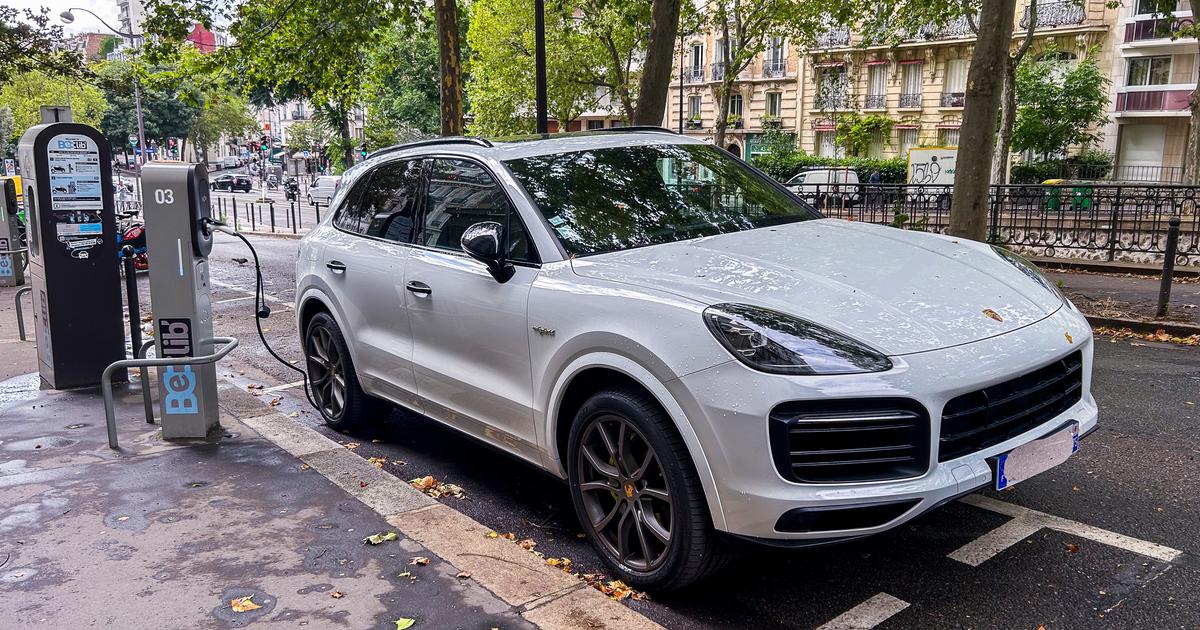Paris Imposes Triple Parking Fees for Heavy Vehicles Starting October 1
Owners of large cars, including SUVs and other heavy vehicles, will soon face significantly higher parking fees in Paris. This week, the Paris council approved a substantial increase in parking prices for heavy vehicles, due to take effect in October, with a primary focus on environmental concerns.
The decision comes as a response to the rising average weight of vehicles over the past thirty years, increasing by nearly 250 kilos. Today, the average vehicle weighs around 1,233 kilos, compared to 975 kilos in 1990. The city cites issues of congestion, public space safety, and a direct correlation between vehicle weight and pollution as reasons for this move.
The new parking fees will not affect local residents but are aimed at visitors. For heavy vehicles, such as those weighing over 1.6 tonnes (or 2 tonnes for electric vehicles), the new rates are especially high. In central districts, the parking fee will be €18 per hour for the first two hours, while peripheral districts will charge €12 per hour for the same duration. Parking for six hours in a central district could cost up to €225.
People with reduced mobility will continue to park for free, and rates for professionals, such as taxi drivers, will remain unchanged regardless of their vehicle's weight. Resident rates also remain the same.
The Paris council's decision follows a heated debate that began in February with a citizen vote. While the new pricing was validated by a narrow majority of 54.55%, it drew criticism from right-wing opposition members. They argue that the new rates could penalize families who rely on larger vehicles. Anne Hidalgo's deputy, David Belliard, defended the decision, stating that it was in line with the majority preference and crucial for reducing public space congestion and pollution.
Despite opposition claims that the measure is discriminatory and likely to drive families out of Paris, city officials maintain that the policy focuses on social justice and environmental responsibility. They argue that several models of family cars weigh less than the specified limits and will not be impacted by the new tariffs.
- During the Paris council's discussions, Anne Hidalgo emphasized the necessity of adapting parking pricing to the growing problem of vehicle weight and pollution. The heavier a car, the more space it occupies and the more pollution it emits, regardless of its electric or conventional engine.
- Environmentalists see this decision as a step towards reducing vehicular congestion and making public spaces safer. They also point out that the additional revenue from the increased parking fees can be used to improve urban infrastructure and promote sustainable modes of transportation.
- However, opposition members argue that such policies are ideologically driven and fail to consider the practical needs of many residents. They highlight the concern that higher costs could disproportionately affect families and individuals with specific needs for larger vehicles.






